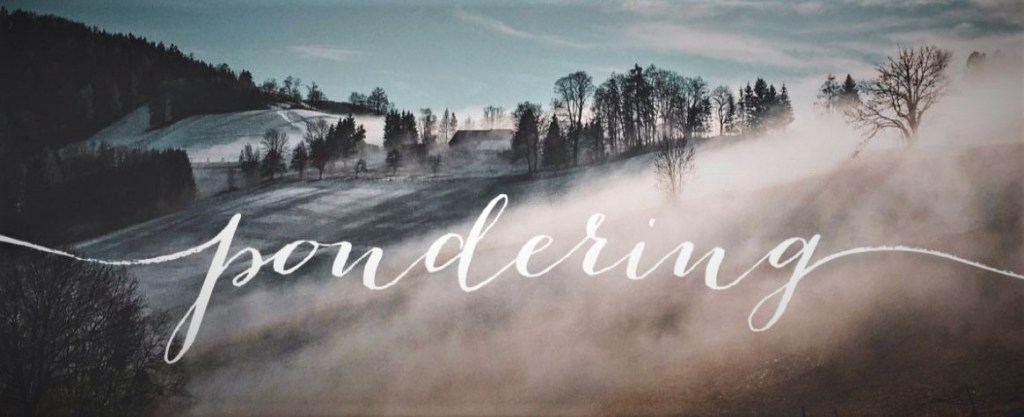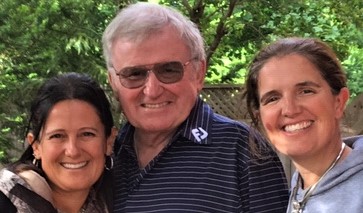As a writer, I’ve long been fascinated by the tantalizing ‘What if…?’ question we sometimes ask, as it pertains to history. How would the world have unfolded if certain noteworthy events had happened differently? The question can lead us to propose all manner of delicious theories, both fact- and conspiracy-based, and as a lifelong history buff, I love it.
A recent prompt from my Florida writers’ group asked us to consider this very question. Here is the piece I came up with, Didn’t Miss Nothin’, focused on an alternative reality for something that happened almost sixty years ago.
The prospective assassin opened the window wide, felt the noon heat wash over him. Although he knew it was ready, he checked the rifle yet again, more by feel than actually looking at it. The gun was as familiar in his hands as the contours of his wife’s back. Concealed behind a pile of cardboard boxes he’d stacked in front of the window that morning, he realized he was remarkably calm. Only a slight tremor in his fingers betrayed a sense of excitement, or maybe fear.
Nevertheless, he was resolute.

Outside the building, six storeys below his perch on the southeast corner, a sizable, noisy throng had gathered to await the motorcade. Lined along both sides of Elm Street, the crowd comprised men, women, and children, most of them eager to see their President, whether or not they liked him or his politics.
The sightline the determined assassin had chosen would place him squarely behind the presidential limousine after it turned off Houston Street and slow-rolled away from him, angling towards the triple underpass. He settled on the thin cushions he’d placed on the hardwood floor, watching impatiently for the motorcade’s arrival.
Meantime, out of sight of the assassin, another crowd was gathering near the confluence of Elm, Main, and Commerce Streets where they ran parallel beneath the underpass. Roughly forty-five men in number, none of them armed, they were deeply disaffected by the President’s policies and determined to interrupt his presence in the city. Their plan was simple—sit down on the pavement in front of the underpass and peacefully block Elm Street completely.
They were in place, some sitting, some still standing, by 12:20 pm. The street had been closed earlier by city police in anticipation of the motorcade, so no traffic was affected by their presence. The first vehicles they expected to see would be the motorcycle outriders leading the presidential procession.
“Five minutes out!” one of the organizers yelled, holding a CB radio to his ear. “Get ready, boys! She’s happenin’!”
Another radio was crackling in the ear of another man at the same time, one of the Secret Service agents riding in the lead escort vehicle behind the motorcycles. After a moment, he tapped the shoulder of the driver. “Change of route,” he snapped. “Buncha yokels got Elm blocked off at the underpass, so we’re stayin’ on Houston. We can pick up the Stemmons Freeway a coupla blocks further on.”
As the driver nodded understanding, the agent radioed the change to the cars following behind. When he finished, the driver said, “This’ll get us to the Trade Mart a few minutes earlier. Might wanta let them know, too.”
In the presidential limousine, the Governor turned in his jump-seat to tell the President about the protesters and the change in plan. The President acknowledged the information, then turned to his wife.
“Too bad. The crowds have been much bettah than we thought they’d be. But at least we’ll get to the Trade Maht soonah, out of this heat.”

The First Lady offered a fetching smile, still clutching the bouquet of blood-red roses she’d been given at the airport.
The assassin saw the flashing lights of the motorcade as it turned right off Main Street onto Houston a block away. He checked the rifle one last time, then hoisted it to his shoulder, careful not to stick the barrel through the window until the procession had turned left onto Elm. He waited….waited…
A loud shout of disappointment swelled from the crowd on the street below. The startled assassin quickly realized the procession had continued rolling north on Houston Street, past the building, irretrievably gone from sight. Pounding his knee with his fist a number of times, he mouthed several silent curses. Above the cries from the disappointed crowd ringing Dealey Plaza, he heard ragged cheers from somewhere near the underpass.
Knowing he had to hide the rifle before his co-workers re-entered the building, the frustrated assassin jogged to his locker, where he stowed it safely away. Then he took the stairs down to the second-floor lunchroom. He had a bottle of soda in his hand when the first employees drifted back in.
“What happened?” the foiled assassin asked one of the men. A simple shrug was the only answer.
A second man shouted, “Hey, Lee, the yella belly never showed, jus’ like I figgered. Jus’ tucked tail an’ ran! You didn’t miss nothin’!”
































